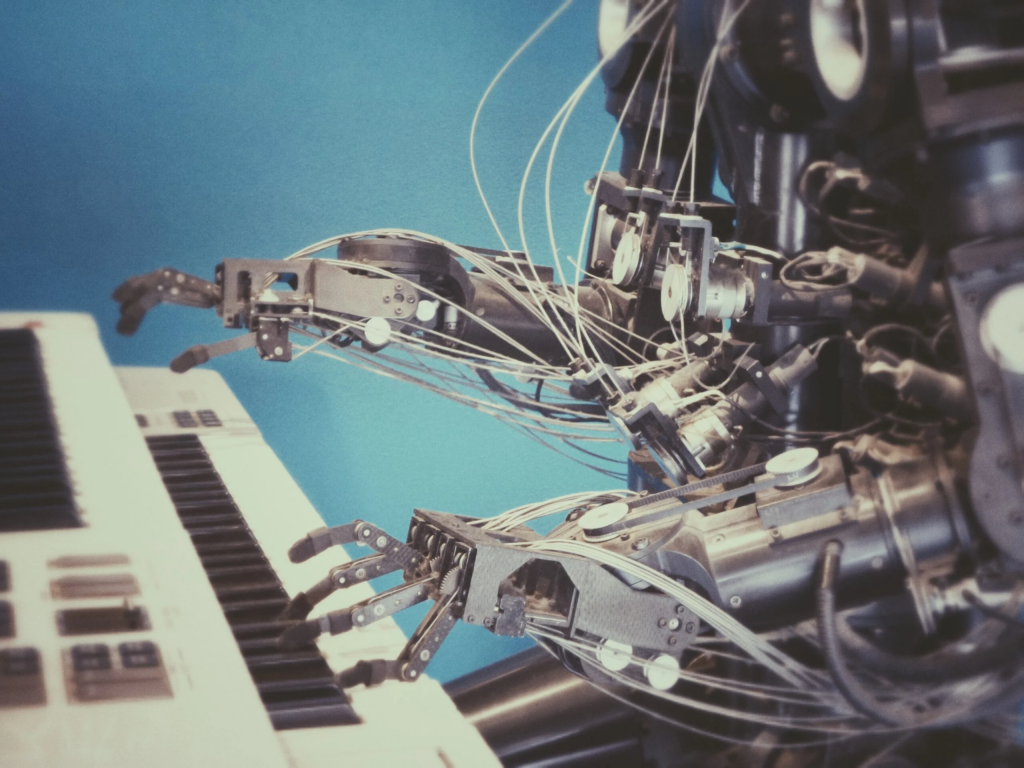
Putting the Needs of Vulnerable Populations First
“Artificial intelligence, or AI, and machine learning is used in myriad ways across the public and private sectors. It can serve as a tool to solve a wide range of societal problems, such as preventing homelessness, improving agricultural capacity, or combating pathogens. However, a critical challenge facing these tools is AI bias, an issue that can lead to discriminatory outcomes and disparity for poor and vulnerable communities” (cita)

Artificial Intelligence Principles for Vulnerable Populations in Humanitarian Contexts
“This report argues that AI systems with prevalent biases, security risks, and consent issues can undermine the role of humanitarian actors in disaster contexts by leaving aid recipients at further risk of vulnerability. Extending the risk of vulnerability not only impacts vulnerable populations, but also indirectly affects the achievement of the 2030 Sustainable Development Agenda, the maintenance of the Charter of the United Nations, and international human rights laws”. (cita)

EU AI Act: first regulation on artificial intelligence
“As part of its digital strategy, the EU wants to regulate artificial intelligence (AI) to ensure better conditions for the development and use of this innovative technology. AI can create many benefits, such as better healthcare; safer and cleaner transport; more efficient manufacturing; and cheaper and more sustainable energy […] In April 2021, the European Commission proposed the first EU regulatory framework for AI. It says that AI systems that can be used in different applications are analysed and classified according to the risk they pose to users. The different risk levels will mean more or less regulation”. (cita)

It’s hatched: our plan for Artificial Intelligence in the EU institutions
“AI tools have potential, bringing new opportunities and enhancing productivity across a variety of sectors and fields, such as healthcare, sustainability, scientific research, private companies, public organisations, including the EU institutions. But, AI tools also present risks; if misused, vulnerable people may be exploited, for example.
Taking on the role of AI supervisor of the EU institutions, the EDPS’ job is to ensure that they are prepared”. (cita)
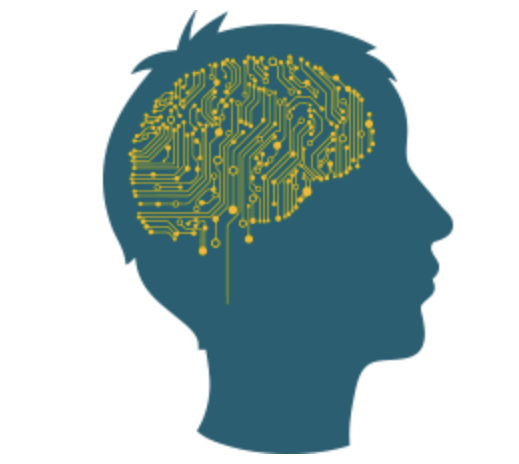
Artificial Intelligence (EU)
Guidances and Newletters.
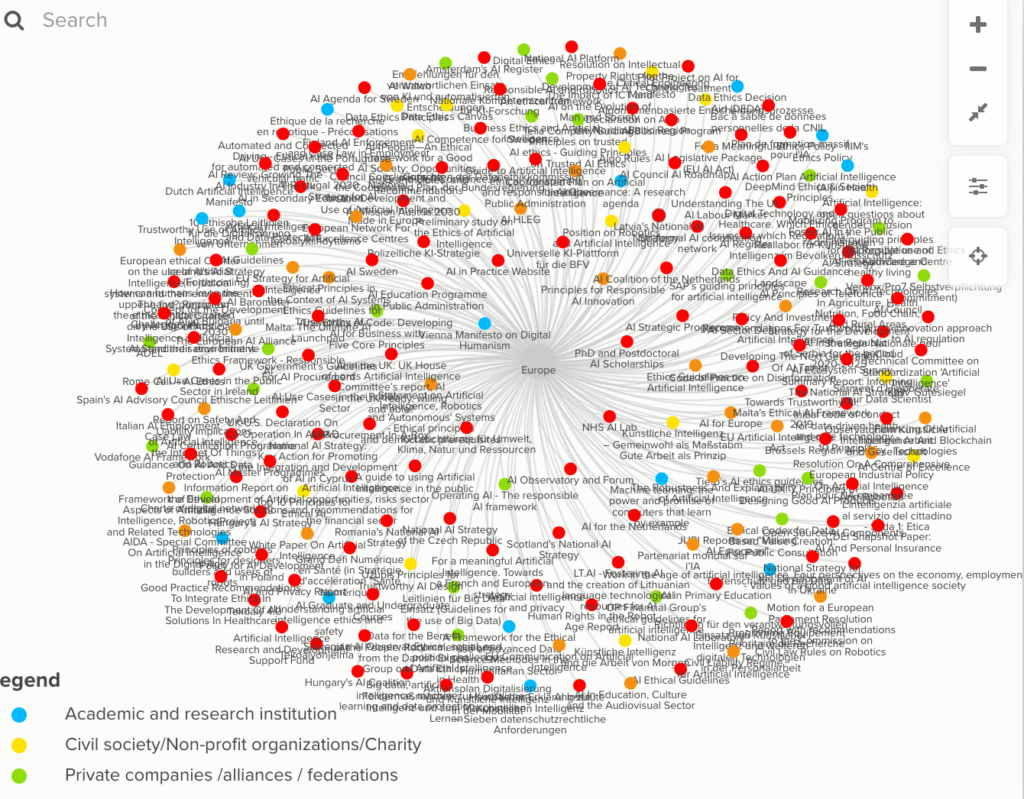
When It Comes to Responsible and Safe AI, a Global Divide Is Emerging
“At a time of deepening competition over artificial intelligence (AI) and the microchips, data centers, and critical minerals that power it, the world experienced a rare glimmer of multilateral cooperation last month. On March 21, 2024, the United Nations (UN) General Assembly adopted an unprecedented resolution to promote safe, secure, and trustworthy AI. Backed by the United States (US) and China, and co-sponsored by 120 other states, the resolution underlined the importance of respecting and promoting human rights in the design, development, and deployment of AI”. (cita)
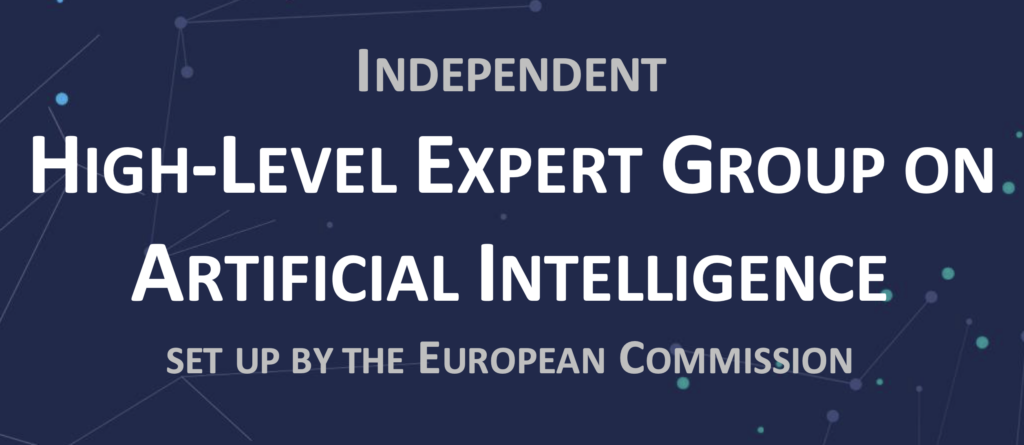
Ethic Guidelines for Trustworthy AI
Independent High-level Espert group on Artificial Intelligence, set up by the European Commission. ” The aim of the Guidelines is to promote Trustworthy AI. Trustworthy AI has three components, which should be met throughout the system’s entire life cycle: (1) it should be lawful, complying with all applicable laws and regulations (2) it should be ethical, ensuring adherence to ethical principles and values and (3) it should be robust, both from a technical and social perspective since, even with good intentions, AI systems can cause unintentional harm. Each component in itself is necessary but not sufficient for the achievement of Trustworthy AI. Ideally, all three components work in harmony and overlap in their operation. If, in practice, tensions arise between these components, society should endeavour to align them”. (Cita)

Distributed AI Research Institute
“We are an interdisciplinary and globally distributed AI research institute rooted in the belief that AI is not inevitable, its harms are preventable, and when its production and deployment include diverse perspectives and deliberate processes it can be beneficial. Our research reflects our lived experiences and centers our communities”. (cita)

Climate innovation for impact: The role of generative AI in serving vulnerable populations
“To begin with, one of the possible benefits of generative AI for startups working in vulnerable communities is that it might reduce barriers associated with low levels of literacy and therefore boost access”. (cita)
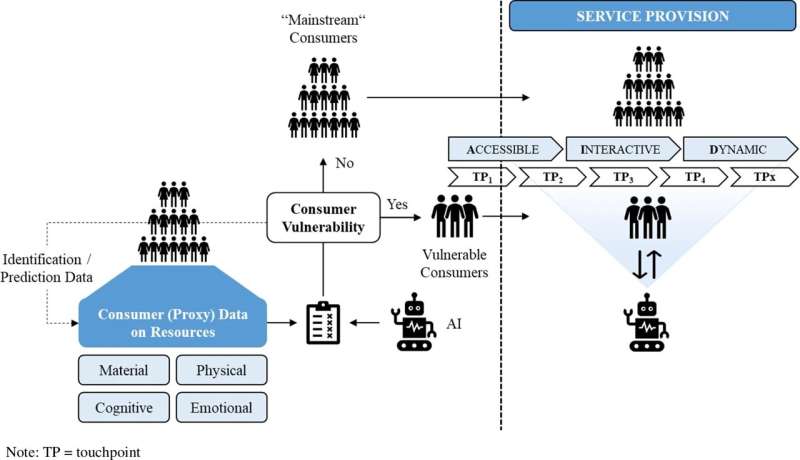
How AI can boost service for vulnerable customers
“Artificial intelligence has become the Swiss Army knife of the business world, a universal tool for increasing sales, optimizing efficiency, and interacting with customers. But new research from Texas McCombs explores another purpose for AI in business: to contribute to the social good […] It can do so by helping businesses better serve vulnerable consumers: anyone in the marketplace who experiences limited access to and control of resources”. (cita)
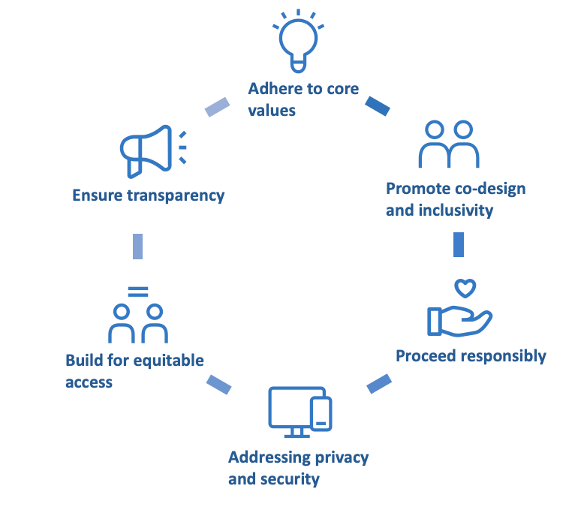
AI equity: Ensuring access to AI for all
“Cutting-edge AI technologies and approaches are emerging with the potential to revolutionize health and well-being for people around the world” (Bill & Melinda Gates Foundation). (cita)
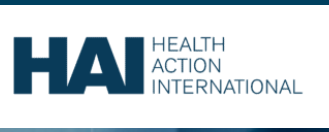
AI can threaten health equity for marginalised populations: the EU must act now
“AI and algorithmic decision tools in healthcare may create gaping digital divides and threaten health equities, placing marginalised groups at particular risk. Hannah van Kolfschooten, Pin Lean Lau, and Janneke van Oirschot sound the alarm and call for the EU to act now“. (cita)

AI in Health: Huge Potentials, Huge Risks (OCDE)
“
The OECD has been at the frontier in defining comprehensive policy principles for trustworthy development and use of Artificial Intelligence (AI) with its 2019 Principles. These principles seek to mitigate some of AI’s most significant risks including worker displacement, expanding inequities, reaches of personal privacy and security, and irresponsible use of AI that is inappropriate for the context or may result in harm”. (cita)